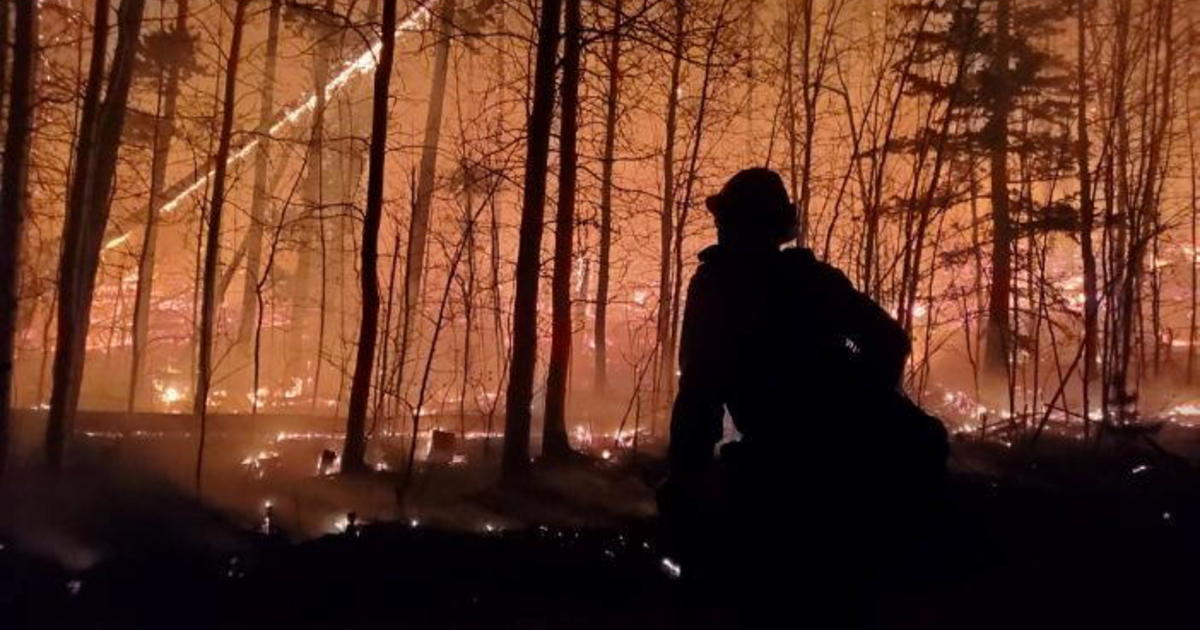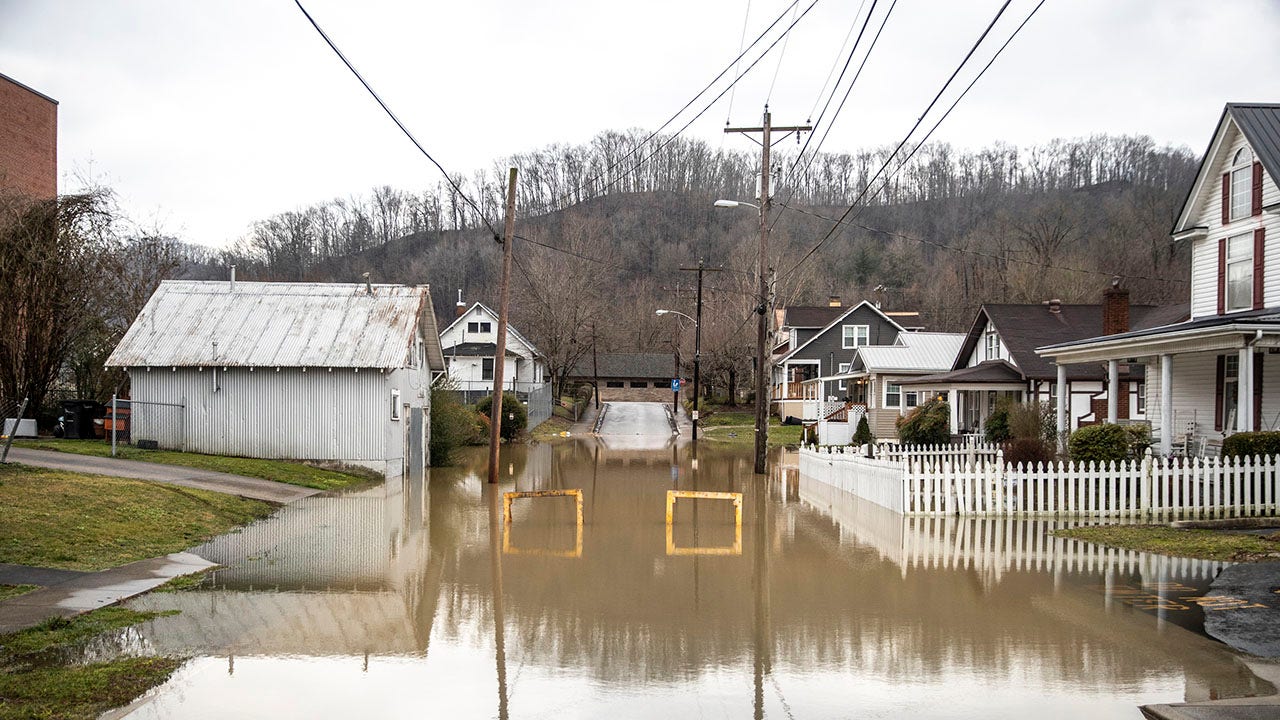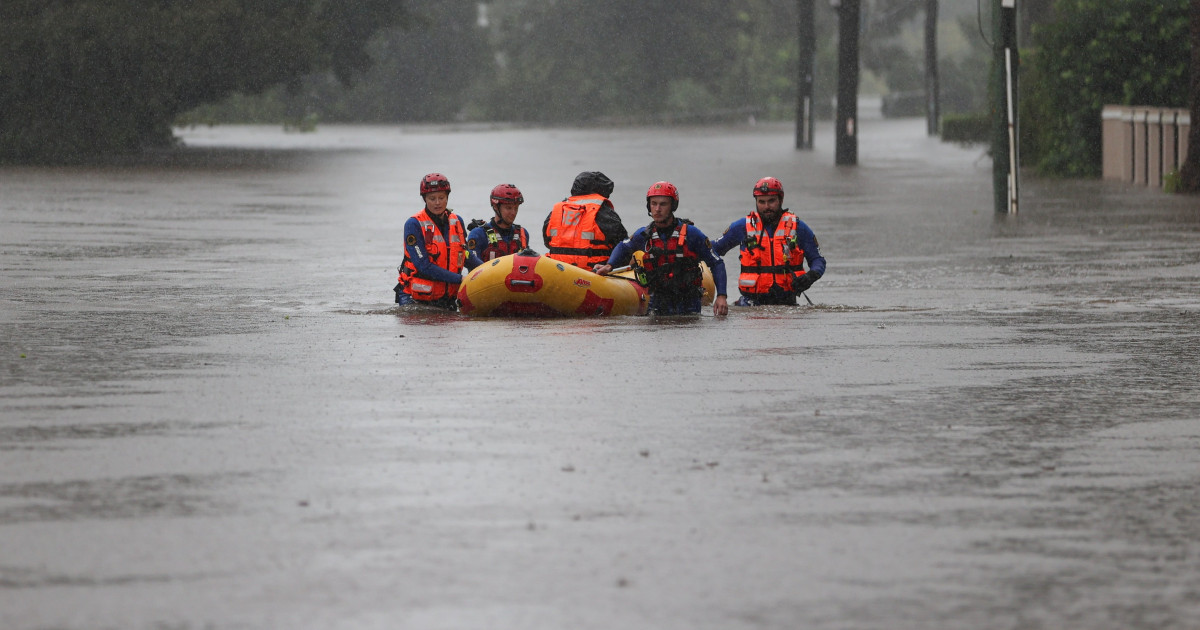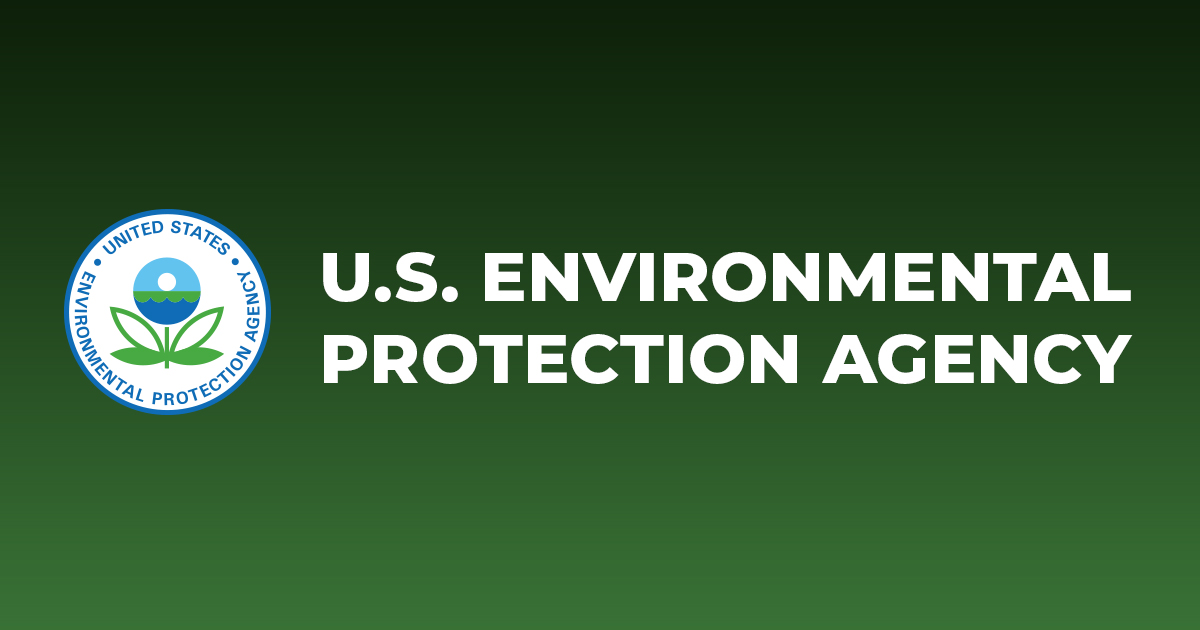BHS1975
Member
It all goes back to who you put your trust in.
I put my trust in the scientists that have many peer reviewed papers on the subject like Micheal Mann for example. He’s a very good speaker.
Sent from my iPhone using Tapatalk
It all goes back to who you put your trust in.
Yeah I see that producing the right thingsI put my trust in the scientists that have many peer reviewed papers on the subject.
Sent from my iPhone using Tapatalk
Yeah I see that producing the right things
Is the earth warming? Yes, it has warmed and cooled and warmed and cooler forever and will forever.It all goes back to who you put your trust in.
That is 100% accurateIs the earth warming? Yes, it has warmed and cooled and warmed and cooler forever and will forever.
Isn’t Michael man the one with the super discredited hockey stick graph....
It's really ashame most records only go back 150 years or so. Be nice to know what the weather was like imby Oct. 2, 1365Is the earth warming? Yes, it has warmed and cooled and warmed and cooler forever and will forever.
Is the earth warming? Yes, it has warmed and cooled and warmed and cooler forever and will forever.
Yep it is the one. Just looked it up.No
Sent from my iPhone using Tapatalk
I’d wager the temperature was 76 degrees with a slight SW wind . Dewpoint was 52 degrees , skies were clear and the low was 50 degrees.It's really ashame most records only go back 150 years or so. Be nice to know what the weather was like imby Oct. 2, 1365
She warms and cools. Gotcha.
I'll take your word for it ?I’d wager the temperature was 76 degrees with a slight SW wind . Dewpoint was 52 degrees , skies were clear and the low was 50 degrees.
Yep it is the one. Just looked it up.






And another flooding event.

Hawaii: flooding forces evacuations as officials warn 'this is climate change'
Scientists say residents should expect to see more intense rainstorms more frequently as the planet warmswww.theguardian.com
Sent from my iPhone using Tapatalk


So we can blame everything in weather on CC.

When you have 50, 100, 1000 year floods on a weekly basis yeah.
Sent from my iPhone using Tapatalk

I'm definitely not denying climate change but I'm also acknowledging cycles.. I saw a comment earlier where we could be 75 degrees for our average high temperature in January in 50 years.. that couldn't be farther from the truth.. all scientific research that I've seen says we will only be about 3 to 5 degrees warmer possibly at the most in 50 years.Please don’t tell me you came in here trying to deny climate change right now ?
Ooof . That’s enough to make Raleigh warmer than CAE and Wilmington warmer than savannah . 5 degrees . Idk I just don’t see us warming like that , this decade will prove it .I'm definitely not denying climate change but I'm also acknowledging cycles.. I saw a comment earlier where we could be 75 degrees for our average high temperature in January in 50 years.. that couldn't be farther from the truth.. all scientific research that I've seen says we will only be about 3 to 5 degrees warmer possibly at the most in 50 years.
LOL I just love to joke about it and exaggerate in the whamby thread. I don’t for a moment believe our climate is going to be like Tampa’s in 50 years, haha.I'm definitely not denying climate change but I'm also acknowledging cycles.. I saw a comment earlier where we could be 75 degrees for our average high temperature in January in 50 years.. that couldn't be farther from the truth.. all scientific research that I've seen says we will only be about 3 to 5 degrees warmer possibly at the most in 50 years.
I couldn't even remember where I saw that or who posted it. Lol. That's what I get for trying to work and read comments on this site at the same time.LOL I just love to joke about it and exaggerate in the whamby thread. I don’t for a moment believe our climate is going to be like Tampa’s in 50 years, haha.
I wish. It’s been a cool Spring for the panhandle. I had to wear pants last week walking the beach.Climate change and the 1991-2020 U.S. Climate Normals
Every ten years, NOAA releases an analysis of U.S. weather of the past three decades, calculating average values for temperature, rainfall, and other climate conditions that have come to represent the new “normals” of our changing climate.www.climate.gov
Very obvious that FL is roasting now.
Sent from my iPhone using Tapatalk




